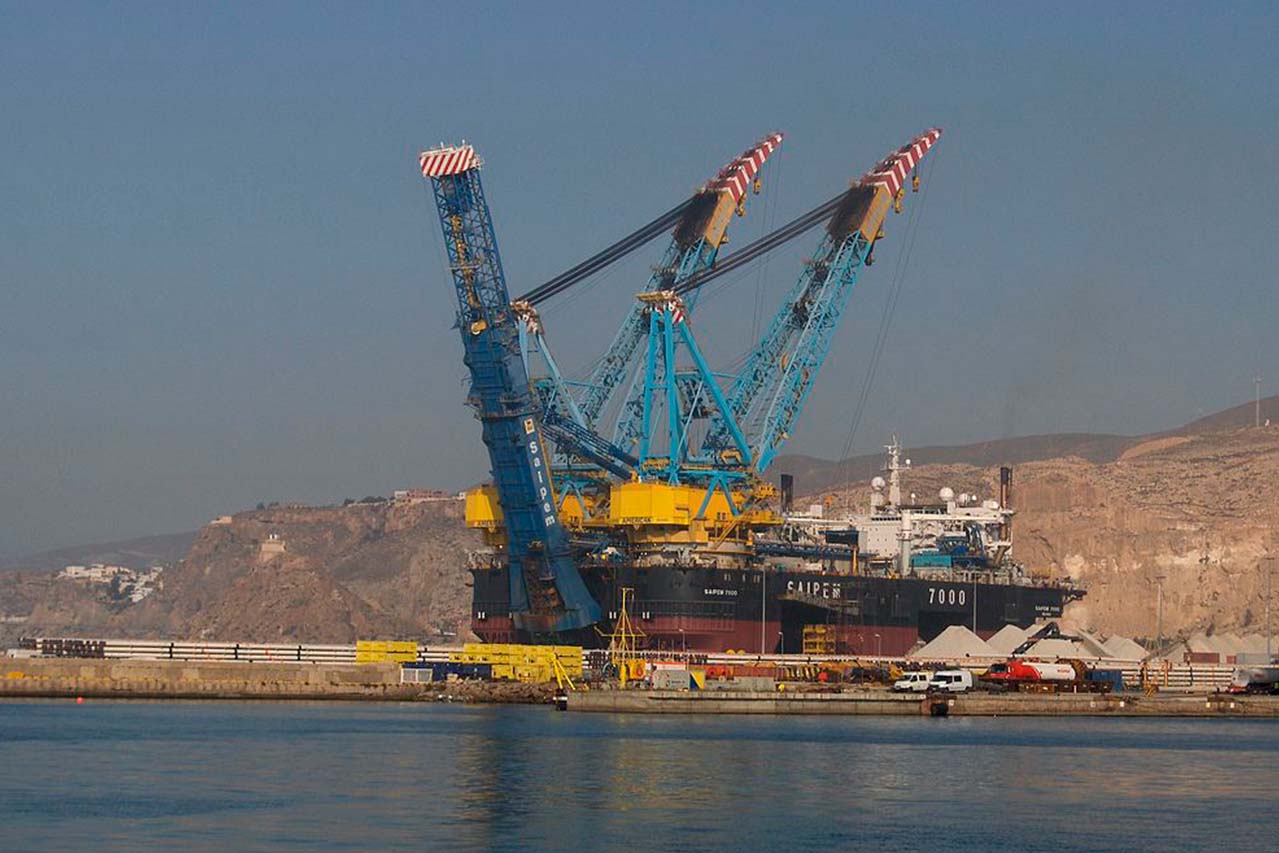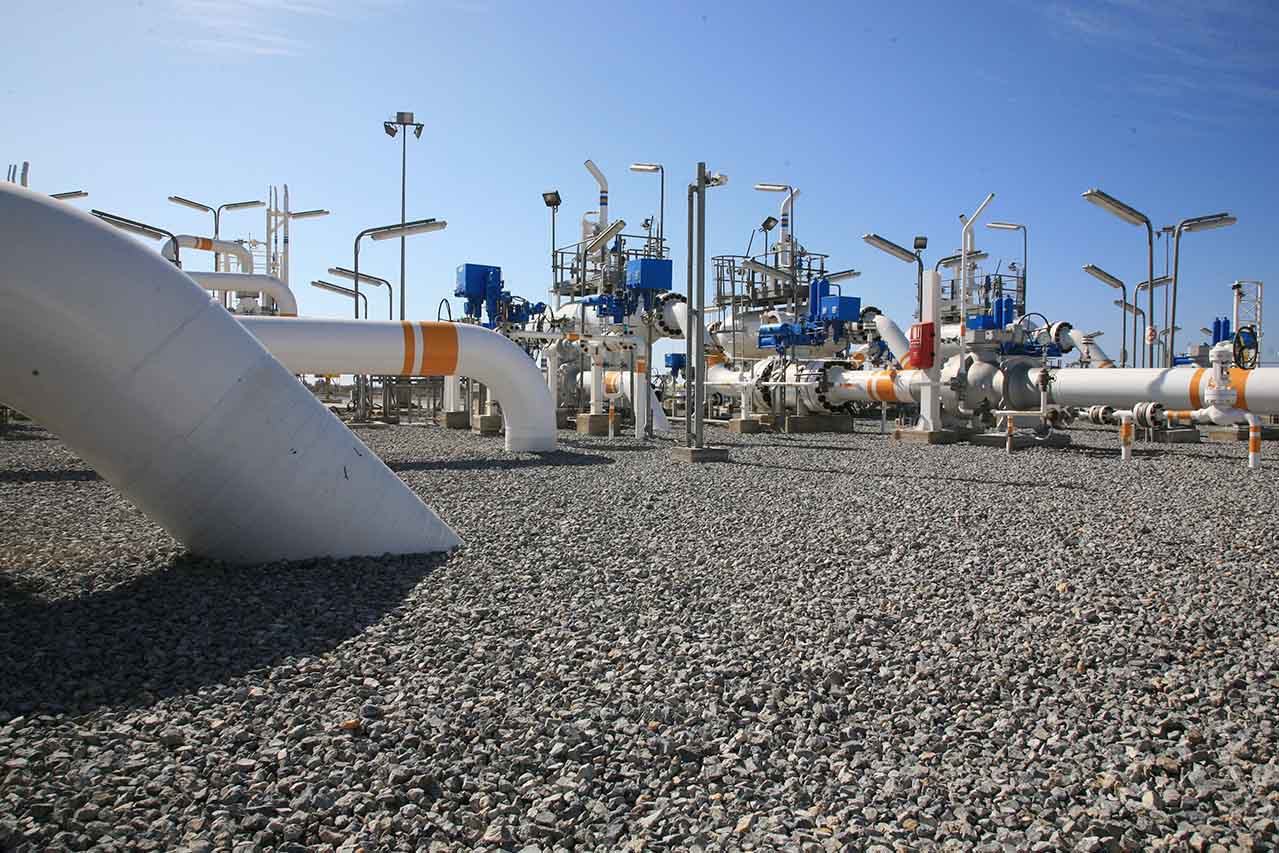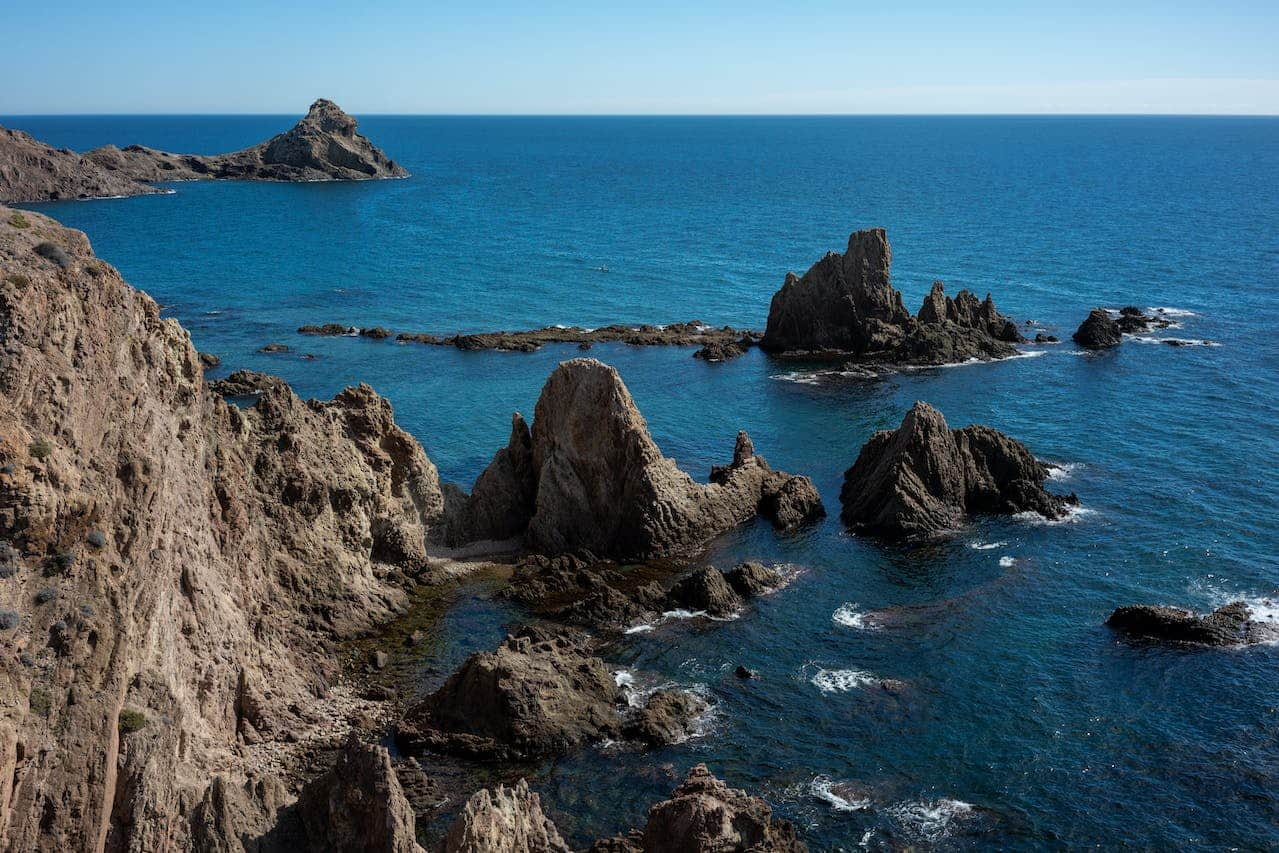FAQs
General
MEDGAZ is a consortium of two leading international energy companies, with a long and proven track record in the gas business and renowned worldwide for their technical expertise and financial strength. The aim of the company is to design, build and operate an Algerian-European gas pipeline, via Spain.
Because it guarantees a secure supply, both for Spain and the rest of Europe, and satisfies the growing demand for natural gas. As Spain has a lack of gas fields, it is necessary to import natural gas. MEDGAZ has the advantage of directly connecting the large Algerian fields with Europe in the most economical way possible, according to several international observers such as Observatoire Méditerranéen de l’Energie or Wood Mackenzie.
MEDGAZ built and operates a subsea gas pipeline from Beni Saf on the Algerian coast to the Spanish coast of Almería. MEDGAZ manages the compressor station in Beni-Saf and the receiving terminal in Almería. MEDGAZ is part of a major Project joins Algeria with Europe through a direct link-up from the Hassi R’Mel gas fields and the Spanish gas grid in Almería.
MEDGAZ is now in the operations phase. MEDGAZ has awarded the EPC (Engineering Procurement & Construction) contracts to start building the gas pipeline. The Spanish Cabinet, upon proposal by the country’s Ministry of Industry, Tourism, and Trade, resolved to assign MEDGAZ priority “A” status (“priority project”).
As The Ministry of Industry, Tourism and Trade, granted MEDGAZ the status of ‘priority project’, the pipeline began commissioning on 1 April 2011, in accordance with the timetable set out in the Council of Ministers Agreement. MEDGAZ adapted the timetable in accordance with the agreements of the Algerian and Spanish authorities.
The idea of building a direct gas pipeline between Algeria and Europe arose in the 70’s. Back then, feasibility studies were conducted, but technical limitations at that time prevented the construction and operation of a gas pipeline in ultra-deep waters. More than two decades later, when more advanced engineering technologies made it possible to execute this type of sophisticated work, CEPSA and Sonatrach reassessed the project in association with a group of major multinational companies.
Technical
Between 2002 and 2004, MEDGAZ entrusted the task of performing a series of complex and exhaustive marine surveys to five specialized engineering companies, which analyzed the morphology of the sea bed, studied the flora and fauna, carried out seismic surveys and determined how to lay the pipeline, using the most leading-edge and environmentally friendly technologies available for this purpose.
Based on these reports, a definitive route was determined. All of them conclude that the route chosen by MEDGAZ minimizes both geotechnical risks as well as those to environmentally sensitive areas, protects local biological species, avoids crossing through natural obstacles on the sea floor and offers ideal geophysical conditions for the pipeline.
The initial capacity was 8 bcm/year. MEDGAZ, in a second phase, increased capacity to 10.16 bcm/year (10,160 million cubic meters/year or 118,000 GWh/year) by installing a fourth compressor at the Beni Saf facility that came into operation on July 1, 2022. The project originally contemplated a third phase, doubling capacity by building a second parallel gas pipeline.
See technical file.
MEDGAZ is a transportation company. Each of MEDGAZ’s clients will handle its own commercialization.
No, not with the technologies currently available. Over the last few years, technologies have made major strides in the construction of gas pipelines and those in ultra-deep waters is perfectly feasible. A good example of this is the Blue Stream Pipeline that connects Russia with Turkey through the Black Sea, reaching a maximum depth of 2,150 meters, or the Mardi Gras Pipeline in the Gulf of Mexico. On the other hand, the choice of the Beni Saf-Almeria route is based on a series of very thorough and comprehensive geophysical and geotechnical studies, all of which conclude that the chosen route was technically feasible. In this respect, MEDGAZ used the most cutting-edge technology on the market.
About Almería
As has been demonstrated on other occasions, the arrival of natural gas attracts industry and, therefore, generates wealth. Furthermore, during the construction of the gas pipeline local workforce was employed leading to job creation. Finally, MEDGAZ has facilitated access to natural gas in a province (Almería) that lacked this energy source.
Almería is a strategic enclave in the national territory, not only due to its geographic location but also due to the orography of its land, which is ideal for the construction of a gas pipeline of these characteristics with the most direct and technically viable link between the large Algerian deposits (in Hassi R’Mel) and Spain. In addition, Almería is the only Spanish province on the peninsula that does not have direct access to natural gas. MEDGAZ has the possibility of commercialization and development of an infrastructure for the distribution of this hydrocarbon, as requested by the province.
About Beni Saf
It is the closest point between the Algerian and Spanish coasts, and also has better orography for the layout of the underwater gas pipeline.
The construction and operation of the MEDGAZ gas pipeline in Beni Saf has had a positive impact in the area, above all in the employment of local workers.
Security
The technology used in Almeria for the control of the mechanisms in installing and maintaining the gas pipeline and in the reception and metering facilities are completely safe. The chances of a breakdown or accident are minimal.
During the construction period, the necessary measures were taken to guarantee a sure-fire installation and minimize the likelihood of a failure or accident. Regarding the operation of the pipeline, a very stringent preventive maintenance program is in place to avoid any kind of breakdown.
Environment
The only impact from this type of project was during the construction phase. This was minimal due to the location and layout of the infrastructures and the implementation of measures to protect the environment. On the other hand, operating the pipeline poses no environmental impact once work is completed, as it is buried underground, the landscape recovers its original state.
Yes. In fact, in compliance with existing legislation, a Summary Report was handed in to the old Ministry of Environmental Affairs. Feedback received was considered in deciding on the route, establishing remedial measures and drawing up the environmental monitoring plan.






